
Former PM Khanal raises alarm over growing presence of US army and representatives in Nepal
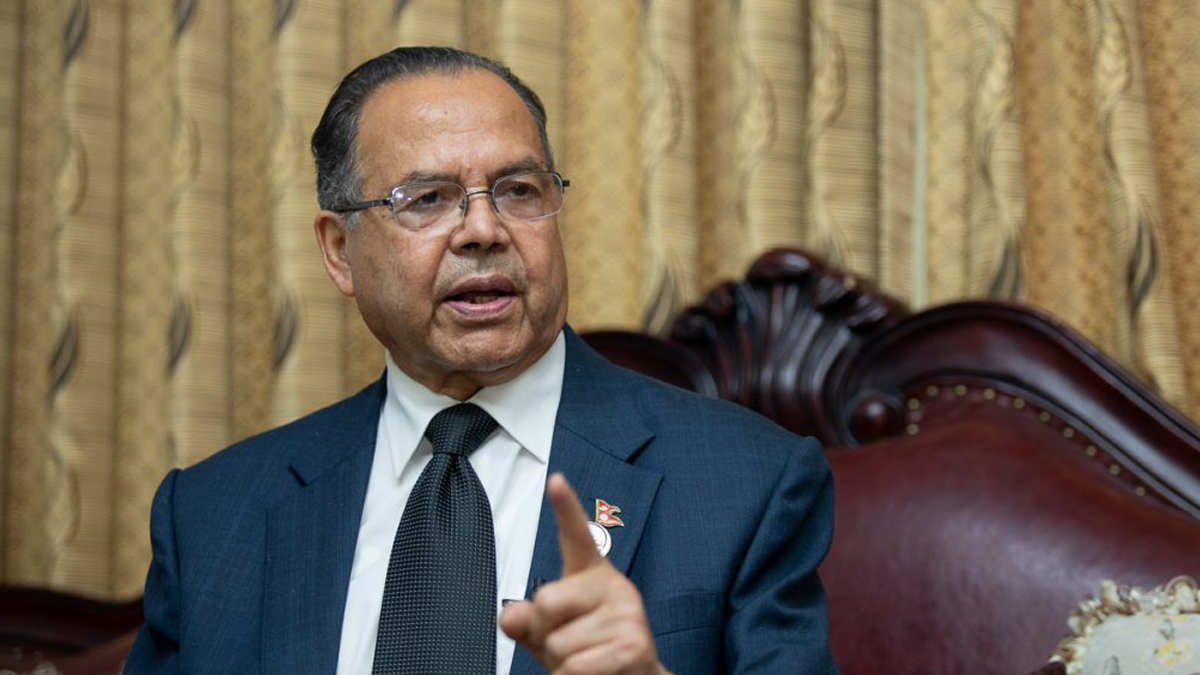
In a recent address during the 30th Madan-Ashrit Memorial Day event in Kathmandu, respected leader of the CPN (Unified Socialist) and former Prime Minister, Jhalnath Khanal, voiced his objection to the growing presence of American army and government representatives in Nepal. Khanal expressed his concerns over the passing of the Millennium Challenge Corporation (MCC) and the State Partnership Program (SPP), which he believes has led to an influx of American personnel into the country.
Highlighting the critical situation and ongoing political instability in Nepal, Khanal also expressed apprehension that the nation is becoming overly reliant on remittances. He cautioned against allowing Western powers to view Nepal as a playground and emphasized the need for Nepalis to understand the reasons behind the increasing presence of Americans.
“Western powers are trying to make our country their playground. After passing the MCC and SPP, one after the other flocks of the American army and the government have come to Nepal. When the US defense ministers come, why do they first reach the Tibetan camp? Nepalese should understand what selfishness is. Why are they trying to make Nepal a playground? We have to face it now,” urged Khanal during his address.
Furthermore, the respected leader condemned the case of fake Bhutanese refugees, considering it both shameful and anti-national. He called for an impartial investigation into the matter, as the number of individuals involved continues to rise, including prominent leaders who have been arrested. Khanal emphasized the importance of concluding the corruption scandal in a fair manner and warned that his party would not tolerate an unfair investigation.
Expressing his disagreement, Khanal raised concerns over proposed amendments to a bill that would prevent investigations into corruption cases dating back more than five years. Additionally, he accused the Maoists of being responsible for the deaths of 300 promising revolutionaries.




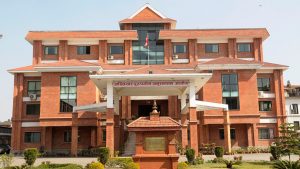
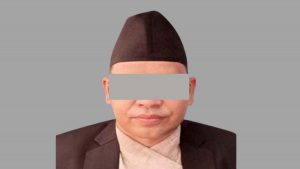
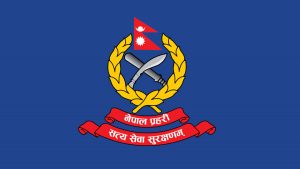
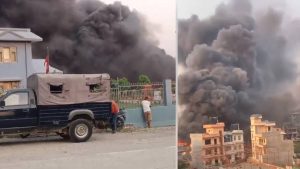





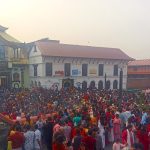
Comments